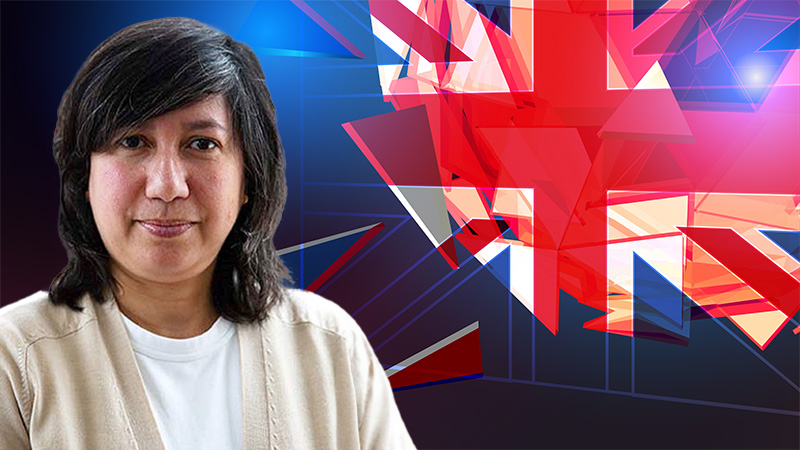Up 0.1% since October, and signalling a 0.5% increase year-on-year, the climb was attributed by the EU’s statistical office mostly to spending in restaurants and cafes, up 0.07%, and rents and tobacco which both rose by 0.04%.
Analysts believe the impact of the boosted rate on markets will be minimal, but that the European Central Bank would welcome the muted reaction.
Mike Bell, global market strategist at JP Morgan Asset Management, said: “I don’t really think the inflation figures are going to have much impact.
“I think the ECB has set out its store with what their plans are and I don’t think this will change that. I think inflation will rise next year as a result of higher oil prices and a general firming of the European economy.
“It means the ECB will be able to continue with its purchasing programme until 2018.”
Bell also rejected the idea that the ECB’s scaling back of the money it plans to pump into bonds was ‘tapering’.
In efforts to maintain inflation at 2% the ECB will extend quantitative easing but announced it would reduce monthly purchases from €80bn to €60bn from April 2017.
Gas, heating oil and package holidays had the biggest downwards pressure on inflation in the countries using the euro, but it remained the highest rate level since April 2014.











